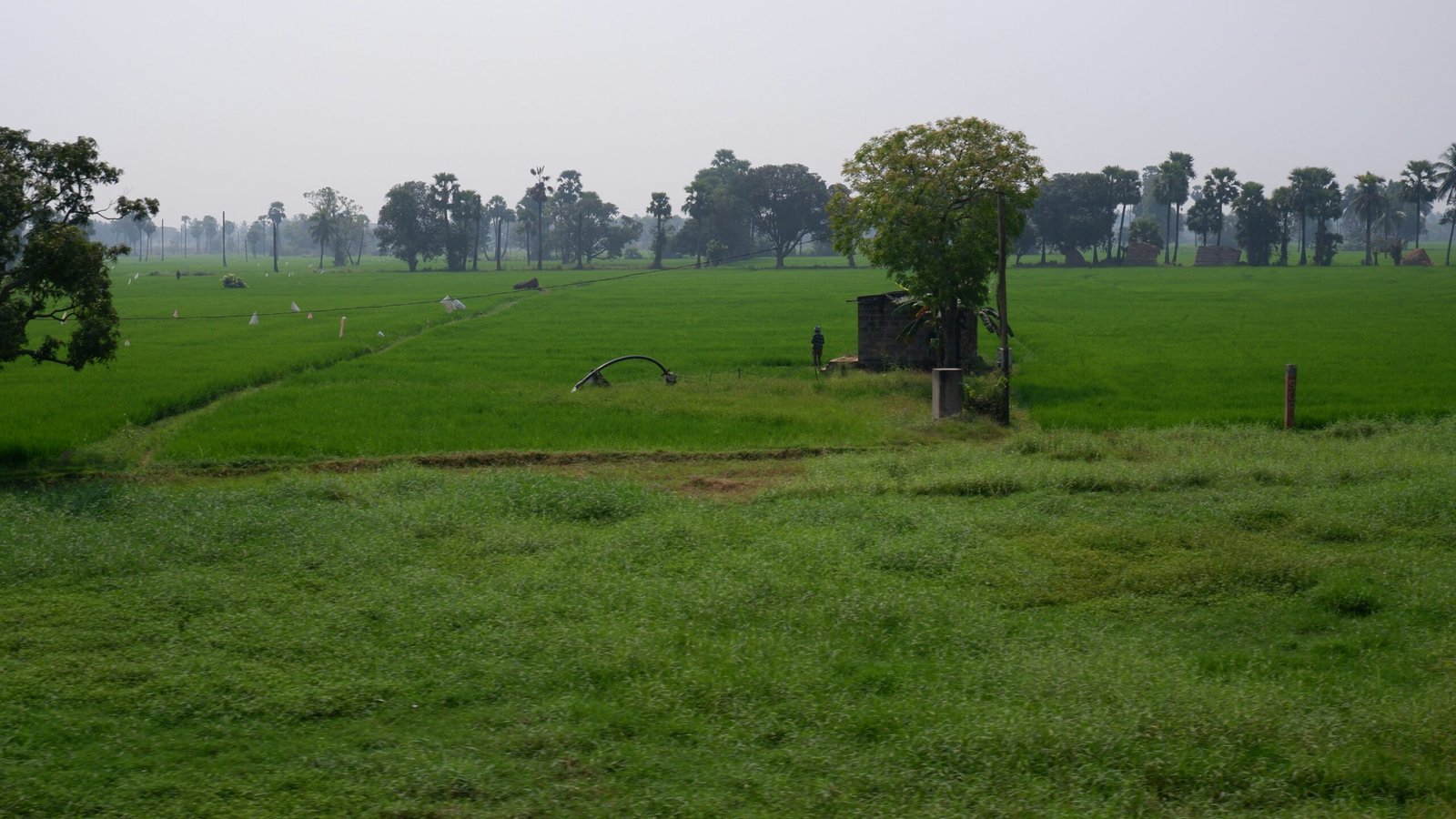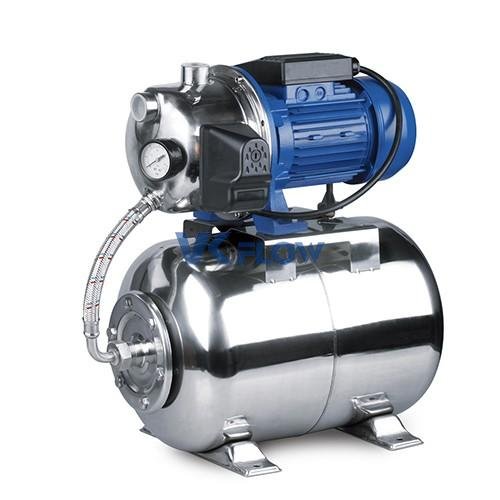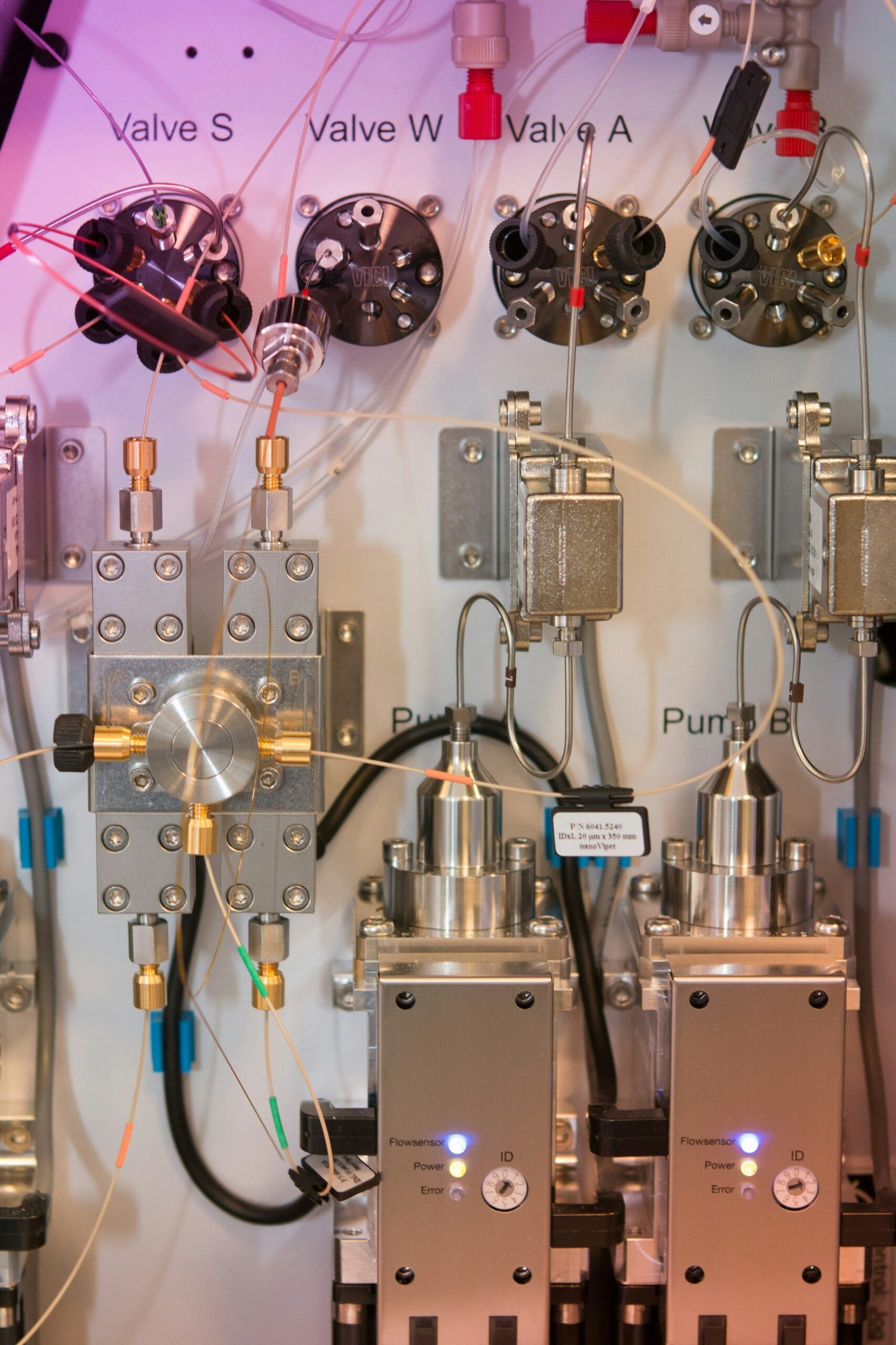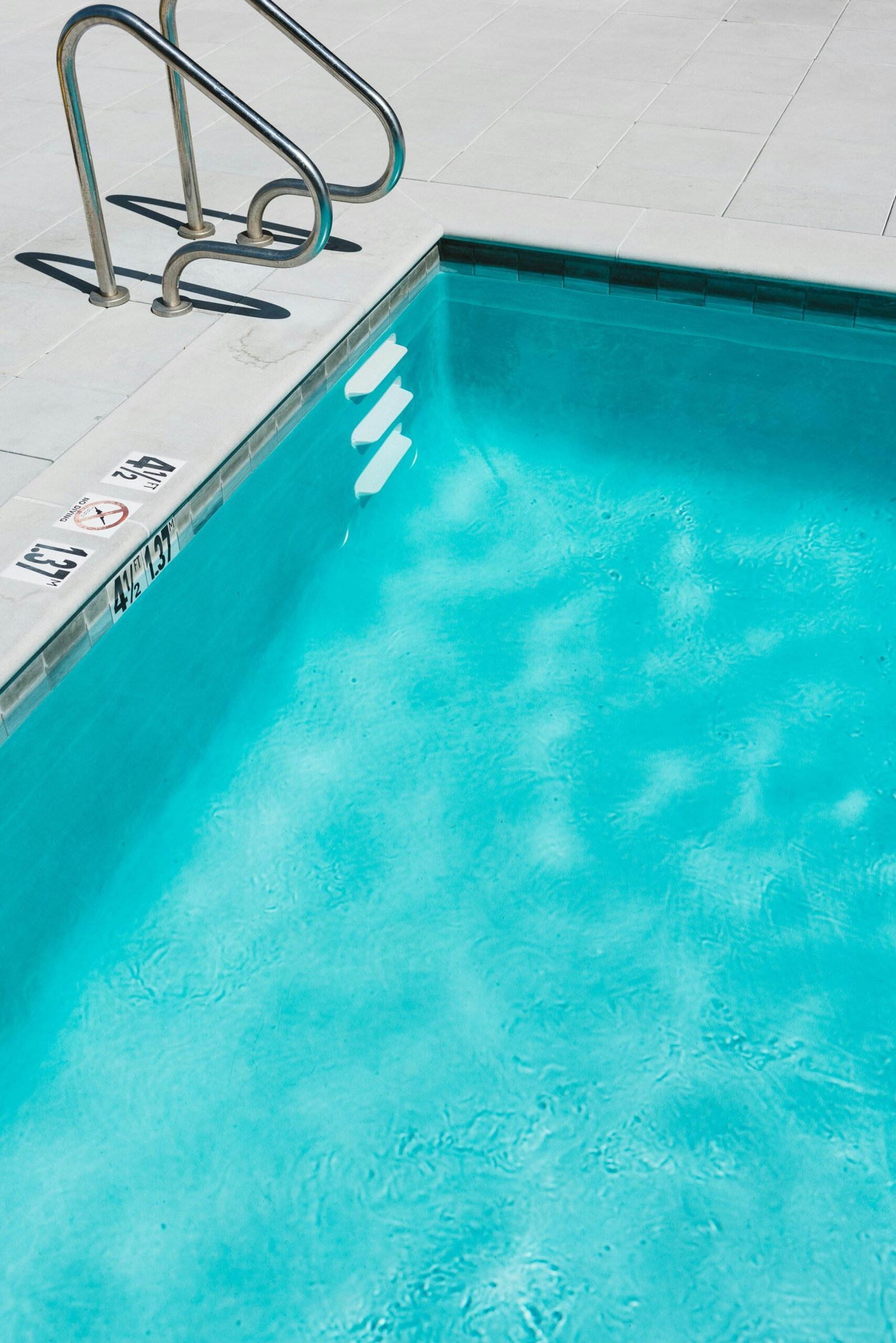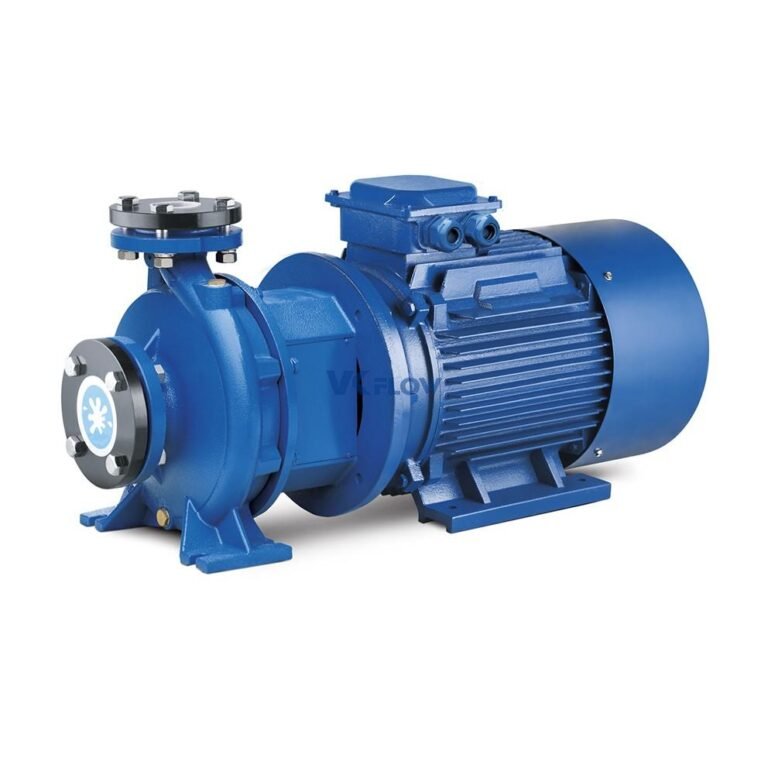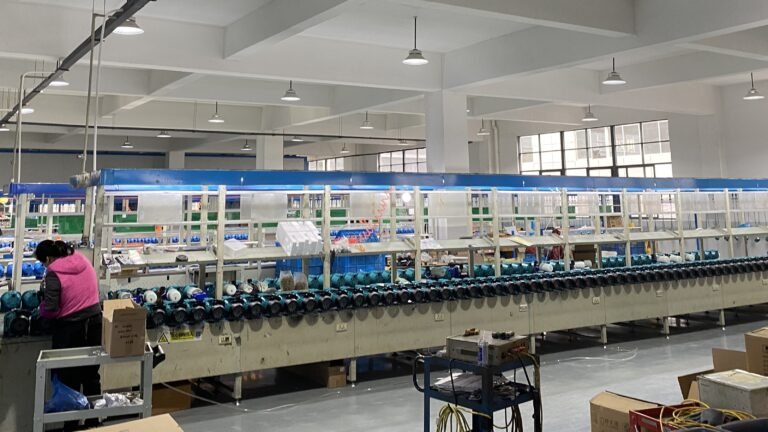Solution case 01: Water Pumps for Irrigation Pump Solution
Solution case 01 Irrigation Pump Solution
Irrigation is crucial for ensuring that crops receive a sufficient water supply, especially in areas with limited rainfall or unpredictable weather patterns. Effective irrigation pump solution helps maintain soil moisture levels, which are vital for optimal plant growth and yield.
Water pumps are indispensable components of irrigation systems, responsible for transporting water from its source to the fields. These pumps can be powered by electricity, diesel, or gasoline, and they come in various sizes and types to accommodate different irrigation requirements.
In this article, we will delve into the various types of electric irrigation pumps and their unique characteristics, aiding you in selecting the most suitable pump for your irrigation needs.
Broadly, there are two main types of pumps utilized for irrigation: submersible pumps and centrifugal pumps.
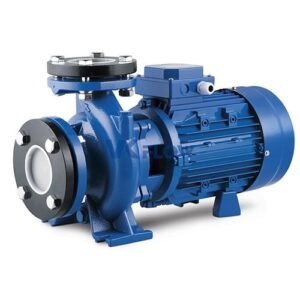
- Easy installation and operation: They require minimal maintenance.
- Cost-effective: Centrifugal pumps have a relatively low upfront cost, making them a cost-effective choice for irrigation.
- Highly efficient at high flow rates: Ideal for applications requiring high water flow.
- Versatile: Various pump models are available to suit different irrigation needs, including drip irrigation, sprinkler systems, and pivot irrigation.
ii)Disadvantages:
- Limited head: Centrifugal pumps are limited in the pressure they can generate (head), which may restrict their use in certain irrigation applications.
- Suction and discharge piping required: They need suction and discharge piping, which can add to the overall cost and complexity of the irrigation system.
- Limited suction: Suitable only for surface pumping or when the suction lift is low, which affects their efficiency in some applications.
- Less energy-efficient and noisier than submersible pumps.


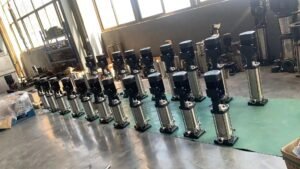
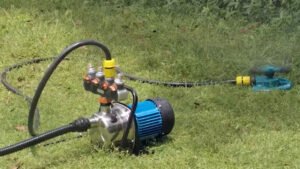
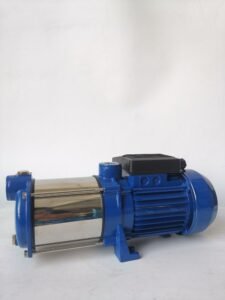
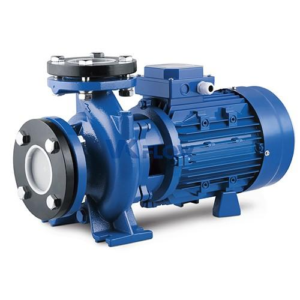 End suction pumps are primarily used for agricultural irrigation due to their high flow capacity. They feature a wide flow range, compact size, and easy installation.
End suction pumps are primarily used for agricultural irrigation due to their high flow capacity. They feature a wide flow range, compact size, and easy installation.